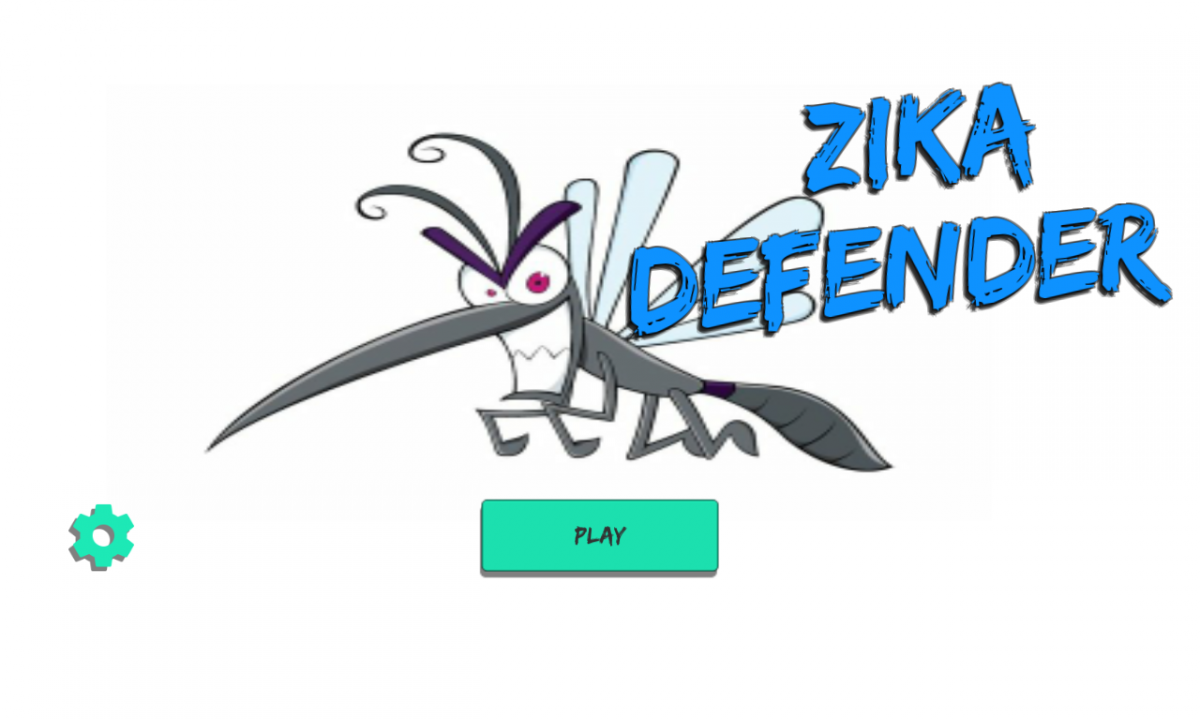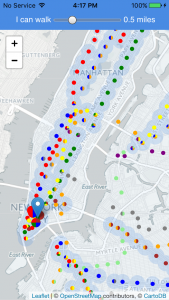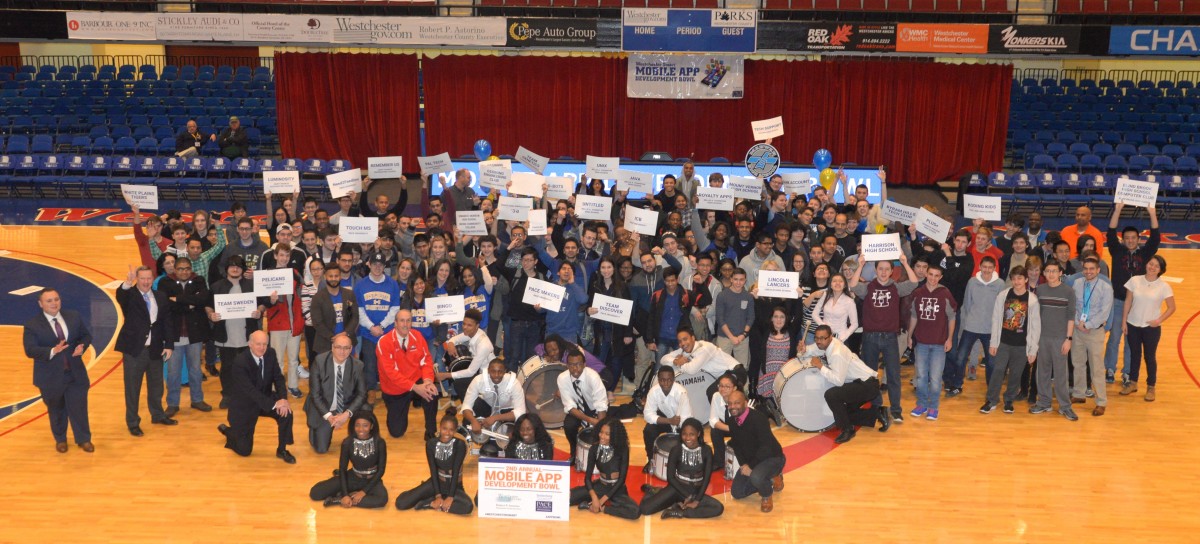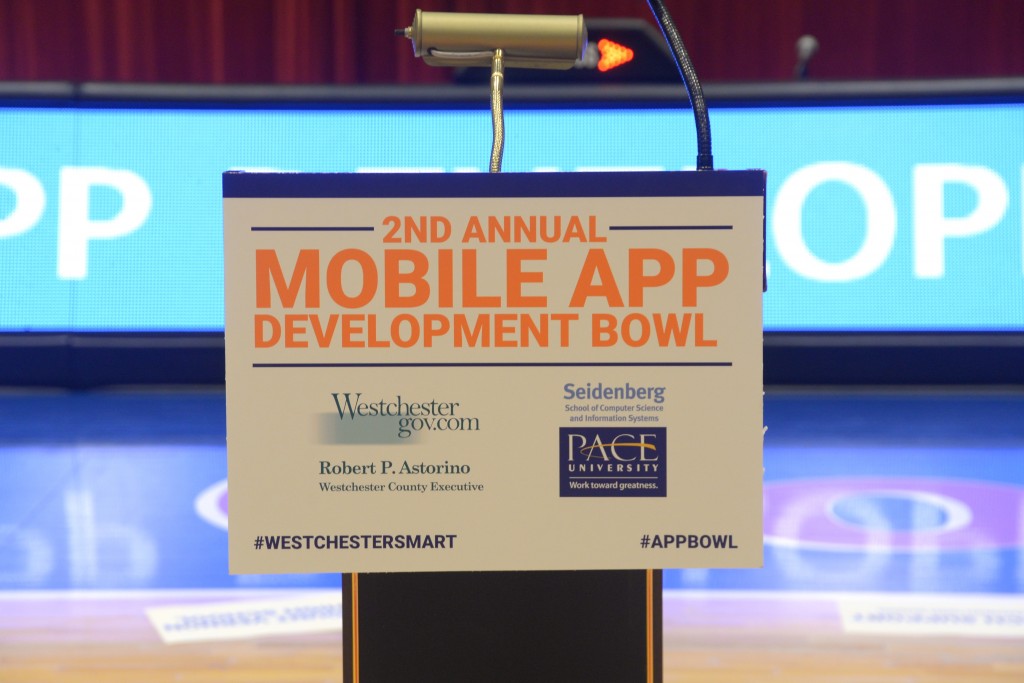The Zika virus has been making headlines recently as outbreaks have occurred in various countries around the globe, with the World Health Organization ultimately declaring the virus a global public health emergency.
As something that has been on a lot of people’s minds, the Zika virus became the subject of several mobile apps developed by students at the Seidenberg School. Several of the students are visiting students from Brazil, who decided to build the apps to raise awareness given the virus’ presence in their home country.
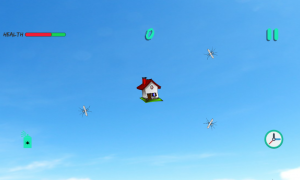 Zika Defender was built by Nida Butt, Marcus Ferreira, Russell Gee and Pedro Borges Pio in CS 389 Software Engineering, which is taught by Dr. Christelle Scharff. The app is a game in which players eliminate mosquitoes before they can reach their targets. While playing, users learn more about the virus: “As more people use our app, the more attention will be given to the dire situation in Brazil, where many people are suffering from this illness,” the team’s website states.
Zika Defender was built by Nida Butt, Marcus Ferreira, Russell Gee and Pedro Borges Pio in CS 389 Software Engineering, which is taught by Dr. Christelle Scharff. The app is a game in which players eliminate mosquitoes before they can reach their targets. While playing, users learn more about the virus: “As more people use our app, the more attention will be given to the dire situation in Brazil, where many people are suffering from this illness,” the team’s website states.
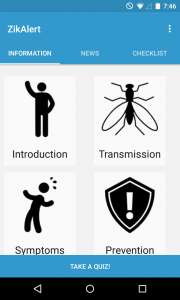 Another team created ZikAlert, an informational app that offers insight into symptoms, prevention and transmission of the disease. The team is comprised of Frank Fico, Luiz Fernando da Silva Sieslak and Hongyuan ‘Peter’ Li.
Another team created ZikAlert, an informational app that offers insight into symptoms, prevention and transmission of the disease. The team is comprised of Frank Fico, Luiz Fernando da Silva Sieslak and Hongyuan ‘Peter’ Li.
From the team page: “Brazil attracts an increasing amount of tourist traffic throughout the year; given the ongoing outbreak of the Zika virus, it is paramount to raise people’s awareness of the ailment (and preventative methods therein) to prevent it from becoming a bigger issue than it needs to be.”
 The apps have been submitted to OpenIDEO, an open innovation platform that aims to solve global challenges for social good. The apps were featured on the site and in its newsletter.
The apps have been submitted to OpenIDEO, an open innovation platform that aims to solve global challenges for social good. The apps were featured on the site and in its newsletter.
Fantastic job to the hardworking students involved!


